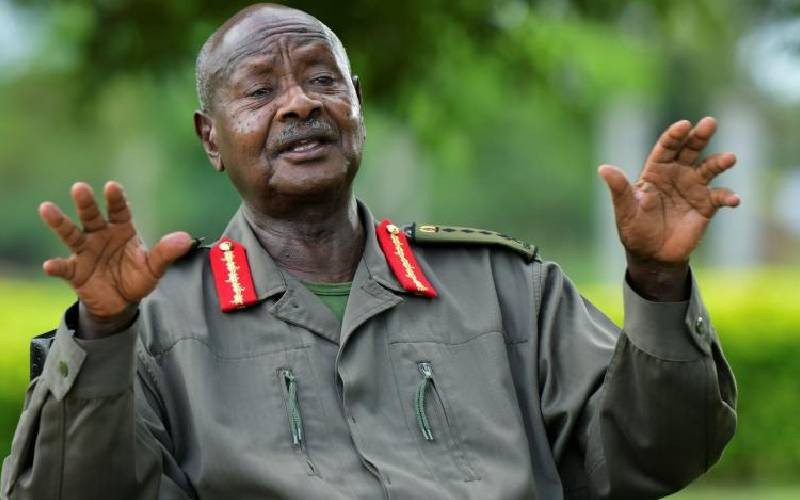×
The Standard e-Paper
Kenya’s Boldest Voice

The stats on cost of living and increasing inflation paint a depressingly bleak outlook for the country's economic prospects of recovery and growth.
Even the government's economic advisor, David Ndii, gives a similar grim forecast for the next five years. Not everyone, however, shares that same pessimism about the country's global standing, diagnoses and future.